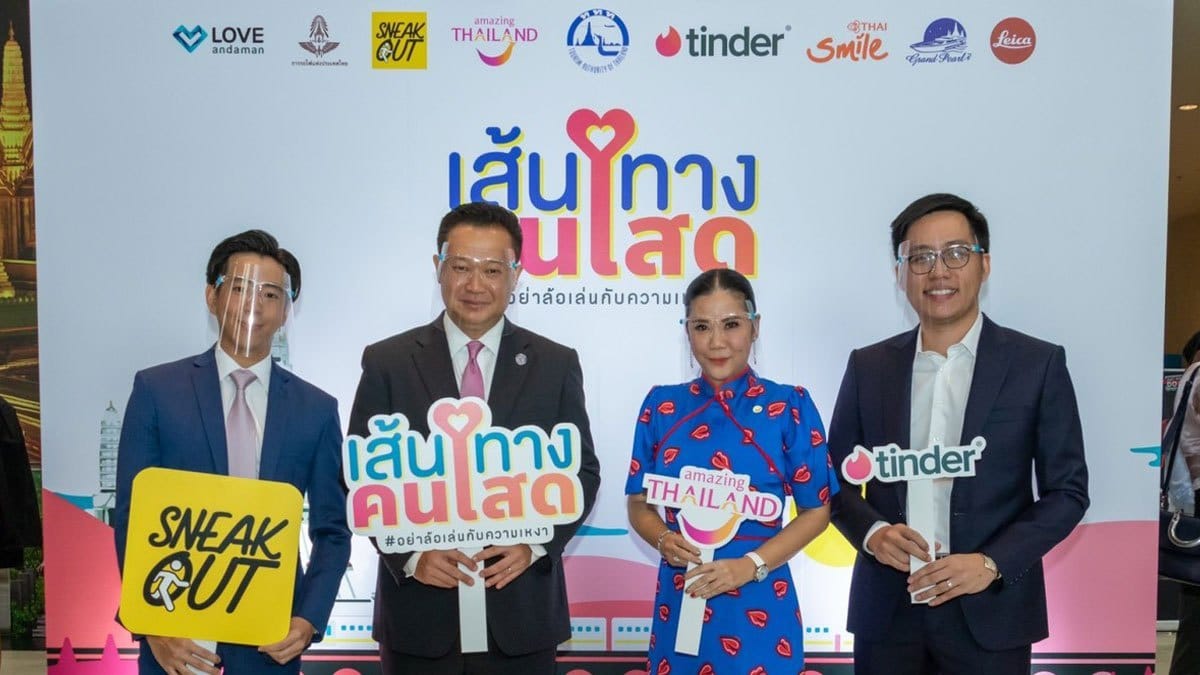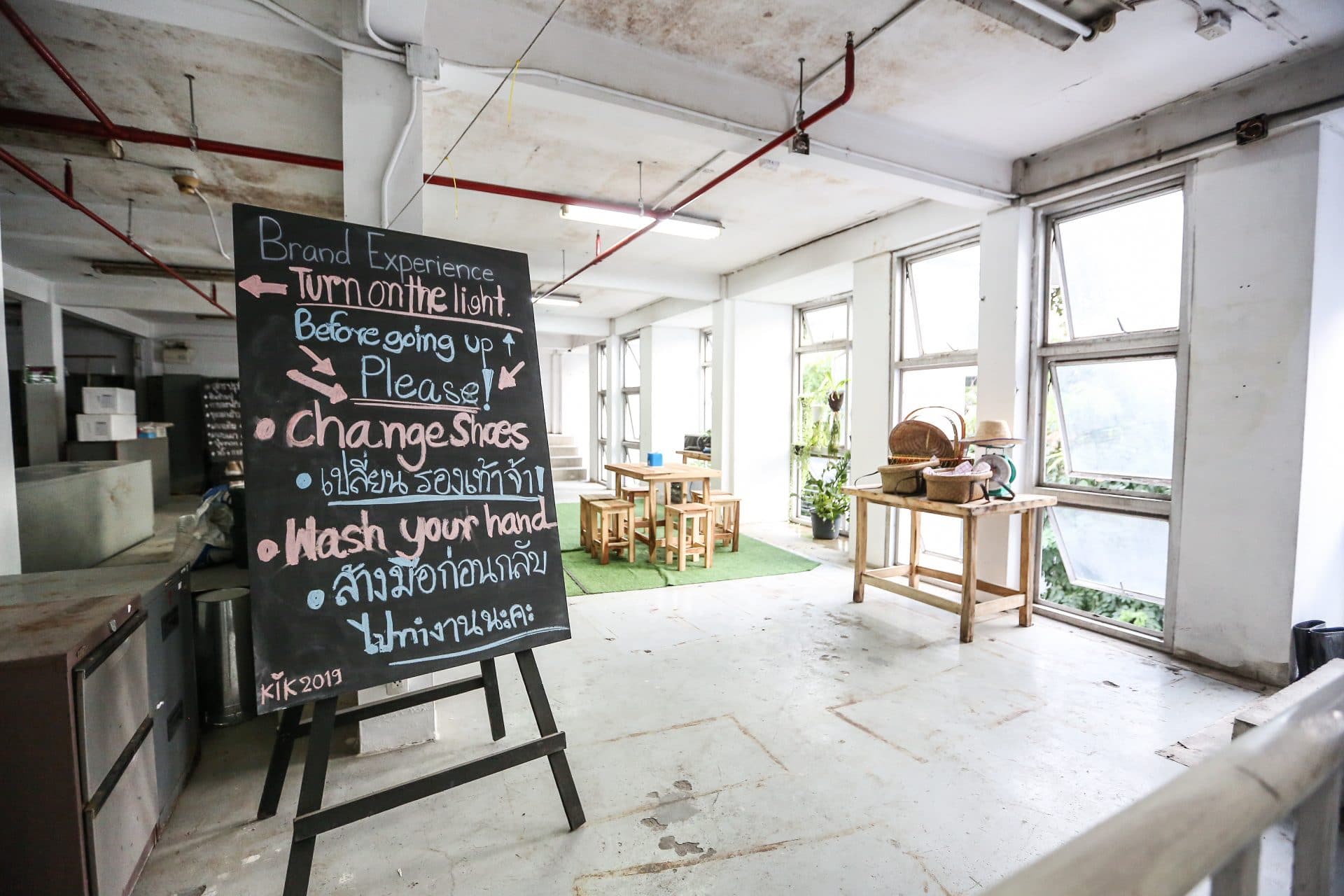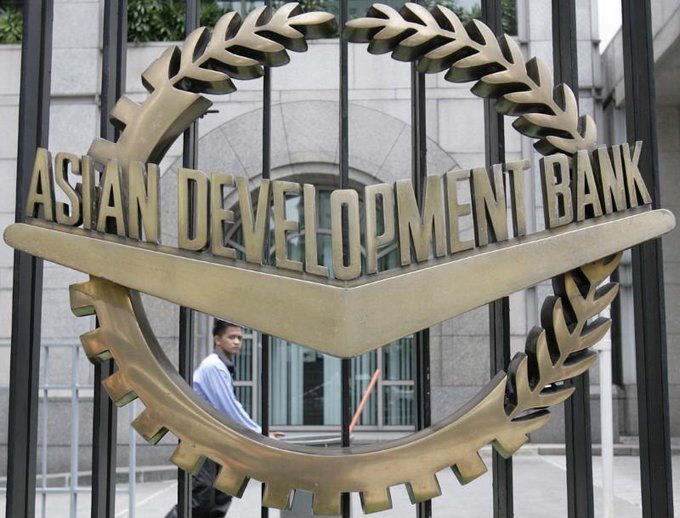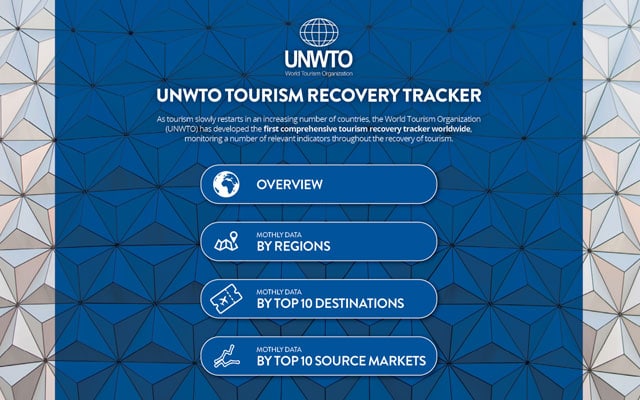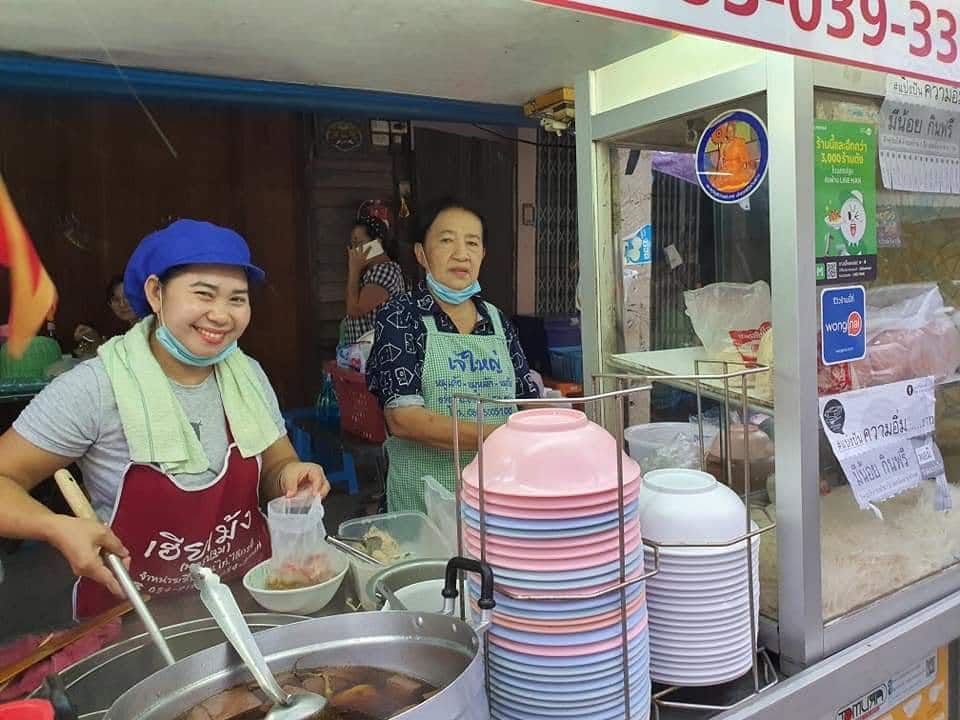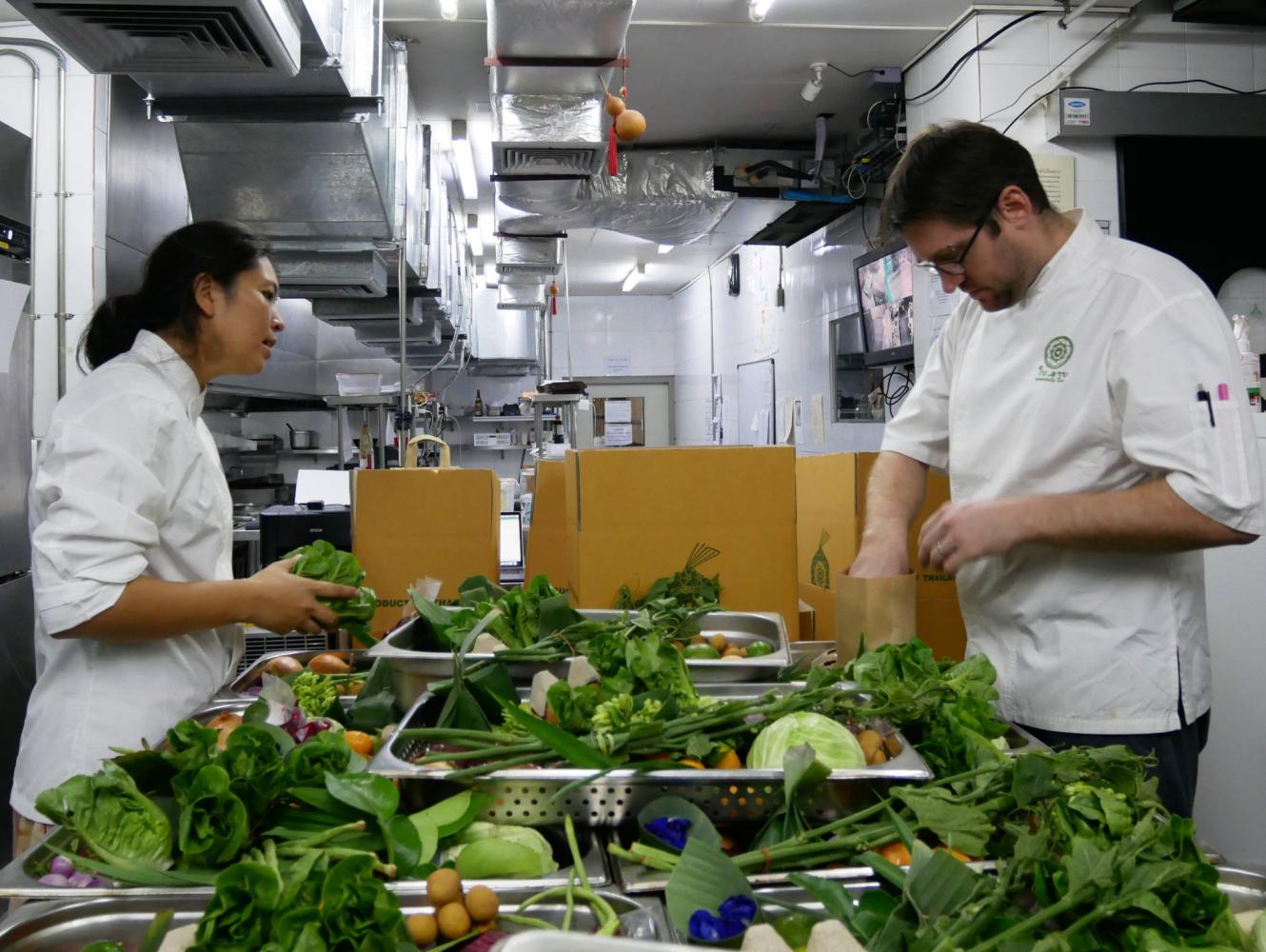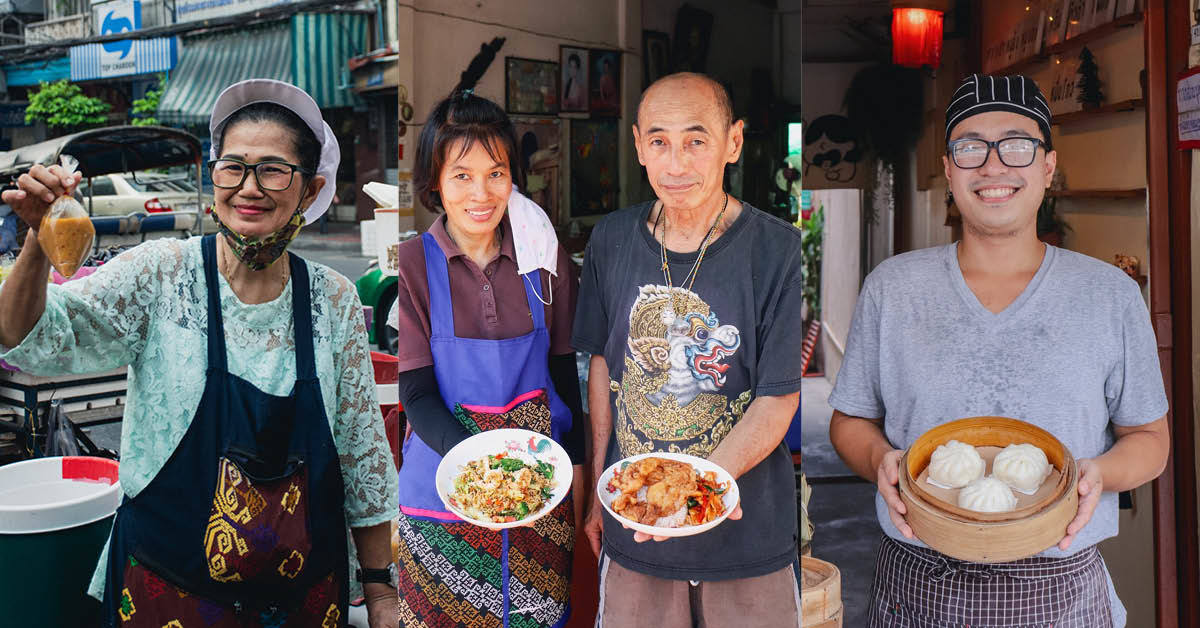The Tourism Authority of Thailand (TAT) together with Thai Smile Airways, leading online travel and lifestyle platform Drive Digital, and application Tinder have launched a collection of new ‘Single Journey’ tours around Thailand specifically designed for the single traveller.
TAT Governor, Mr. Yuthasak Supasorn, said, “The ongoing COVID-19 pandemic has changed travel behaviour and necessitates that we think ‘out-of-the-box’. The ‘Single Travel Route’ targets solo travellers who prefer to travel alone to various destinations in Thailand.”
TAT is preparing nine Single Journey tour routes at destinations around Thailand, including Mae Hong Son, Chiang Mai – Chiang Rai, Lop Buri – Saraburi, Si Sa Ket – Ubon Ratchathani, Udon Thani – Loei, Chumphon – Surat Thani, Phuket, Ayutthaya, and Bangkok.
To help launch the new Single Journey tour product, TAT and its partners are organising three pilot tours for interested single travellers.
The first trip will take place on 20 December, 2020, and is free-of-charge to join with space available for up to 100 single Thai travellers. Organised together with Grand Pearl Cruise, this is a cruise along Bangkok’s famous Chao Phraya River taking in nine temples and hosted by renowned fortune teller and Feng Shui expert Chang-Tosaporn Sritula, who will share tips on how to pay homage to Buddha and ask for blessings. The full-day trip includes a cruise dinner.
The second trip is on 9 January, 2021, with seats for 50 single Thais at 222 Baht per person. This is being organised with Love Andaman and involves a beachside party concert at Ko Kai in Phuket.
The third trip is on 23 January, 2021, for up to 50 single Thais and priced at 555 Baht per person, and is an exclusive train tour in cooperation with the State Railway of Thailand to Pa Sak Jolasid Dam in Lop Buri with a meal at the Dam included.
Singles interested to join any of the three pilot trips can make bookings from 15 December, 2020, onwards.
For more information on Single Journey routes from TAT and partners, please go to the official LINE @singlejourney account, www.tourismthailand.org or www.sneaksdeal.com/singlejourney

